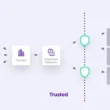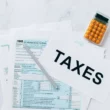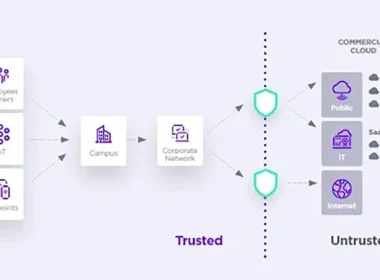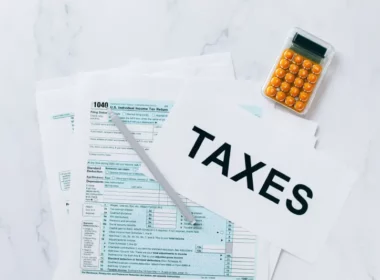Latest News
Zero Trust Security: Redefining the Future of Network Protection
Zero Trust ensures identity-based least privilege access and limits the damage if a breach occurs. This requires organizations…
Navigating The World Of Business Degrees
In recent years, business degrees have become an increasingly popular choice for those looking to enter various career…
6 Tips To Help Determine If You Need The Help Of A CPA
Businesses frequently encounter situations where they require professional assistance to navigate the complexities of taxes and address tax…
How Home Pods Are Transforming The Work-from-Home Experience
The shift towards remote work has undeniably transformed the way we approach our professional lives. As more and…
Thriving Business In Singapore: Why Should You Get An Accounting Service
Introduction The good vibe and gestures that Singapore ensures are perfect for modern businesses. Startups are finding it…
The Transformative Benefits Of Web3: Unlocking The Future Of The Internet
Introduction The internet has undergone remarkable transformations since its inception. From a static and information-centric network, it has…










